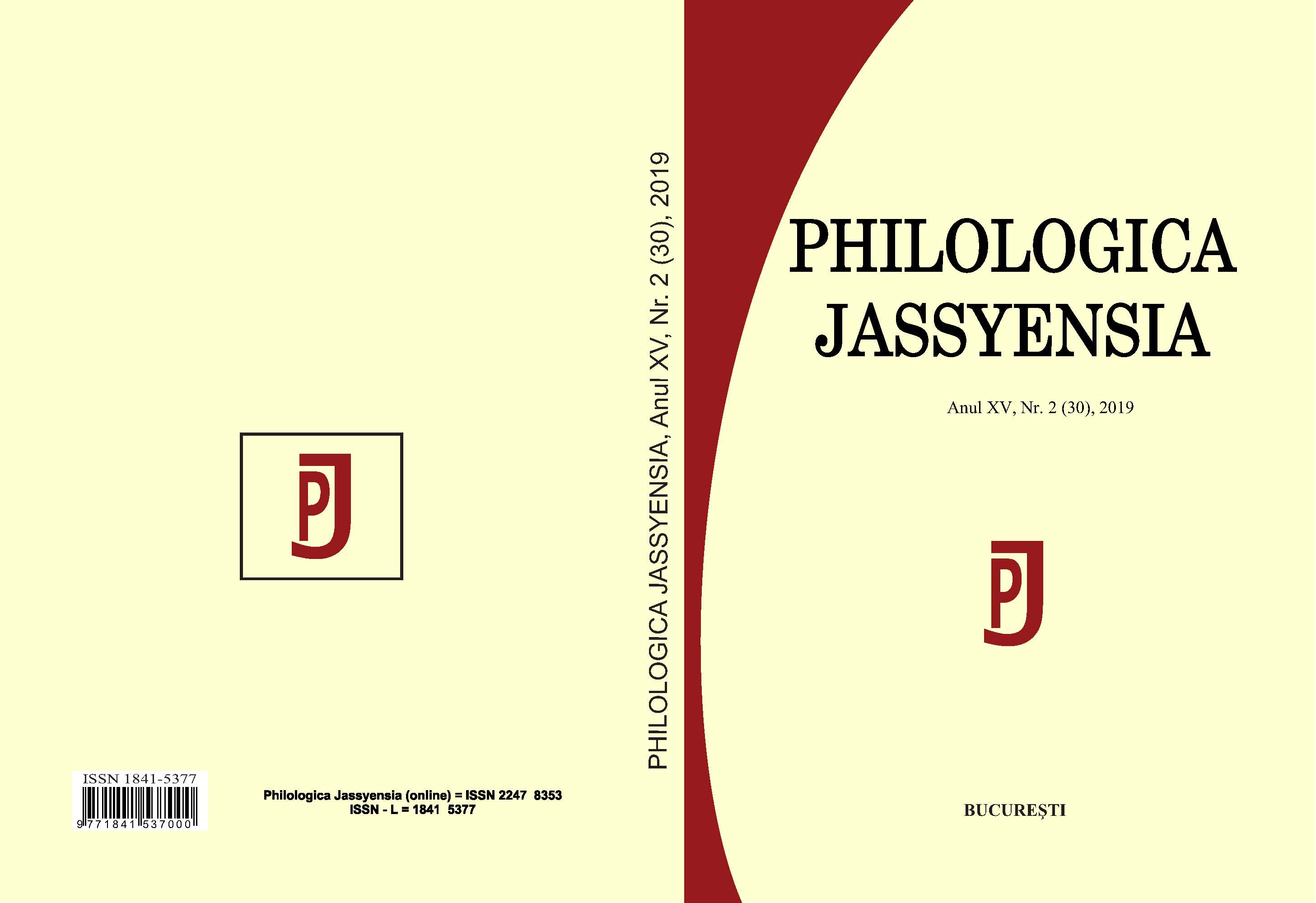Proiecții textuale ale profilului critic. De la miza estetică la actul recuperator – Andrei Grigor, Poiana lui Iocan
Textual Reflections of the Critical Profile. From the Aesthetic Goal to the Recuperative Act – Andrei Grigor, Poiana lui Iocan/ Iocan’s Meadow
Author(s): Nicoleta IfrimSubject(s): Romanian Literature
Published by: Editura Tracus Arte
Keywords: critical discourse; autobiographic traits; post-December Romanian literature; Andrei Grigor;
Summary/Abstract: Our paper is focused on Andrei Grigor’s book published by Lucian Chisu after A.Grigor’s death and its mirror-like strategies by means of which the double-faceted identity is depicted: the ‘ego-graphical identity’ and the ‘ideo-graphic’ one – both of them used in a critical discourse mirroring post-communist Romanian literature and its torments. The study analyzes the book collecting Grigor’s editorials written in the years after the fall of the communist regime, a single-authored mirror-like writing in which the biographical course and scriptural identity engage in a clear, sharp dialogue. The aim is to define a double reading effect embedded into a Self-oriented narrative: a collective history of Romanian literature portrayed in its journey from a communist totalitarian culture towards a “free” one, with literary, cultural and political insertions; then, the legitimation of an implicit “identity pilgrimage” of the writer in dialogue with his Time, with peculiarities stemming from his own existential and ideological path, in permanent relation to contemporary literature. Aside from the latent literary question, which subtextually directs the existential and cultural choices of the writer, the dialogue with his own Self and with Romanian literature also marks the becoming of a problematic identity projected onto the inside of his own critical texts. Andrei Grigor also tackles the complex issue of the relation between the aesthetic criterion of establishing value and the ethical value, all being related to the political status that writers should (or not) assume. Thus, in Grigor’s view, the writer’s status brings an ethic value specific to literature and art, in his quest for the exemplary power of the literary text itself. Andrei Grigorʼs editorials are constructed on two levels, as questions and answers, and they turn into a Self-speaking discourse, where the bio-graphemes are embedded into this fascinating mixture.
Journal: Philologica Jassyensia
- Issue Year: XV/2019
- Issue No: 2 (30)
- Page Range: 121-127
- Page Count: 7
- Language: Romanian

